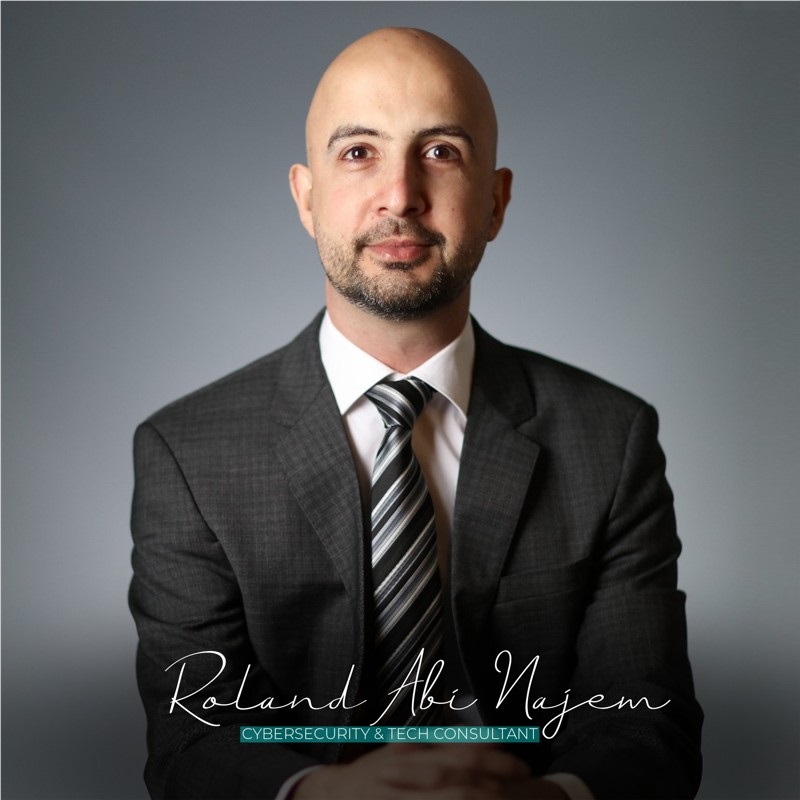3 million Lebanese owners of cars, motorcycles and various means of transportation have their personal information for sale in what is known as the Dark Web, where stolen data is published for millions of people and sold to certain parties that use it for a variety of purposes, benefits and ends.
The expert in digital transformation and information security, Roland Abi Najm, had published this information on his page, which, in a country that respects itself and its people, is considered news for action, but in Lebanon, with files and crises crowded, such information goes unnoticed.
In this context, Abi Negm explained to mtv the reality of what is happening about the theft of data and information about the Lebanese, saying: “Different European Union countries protect the privacy of their citizens through what is known as GDPR, which is a system to protect personal data from theft by any party or country, and according to it, if Any private information about any European citizen has been leaked, and the party is liable to pay huge fines and legal prosecution,” noting that “in Lebanon, unfortunately, there are no laws or regulations that protect the privacy of the people, and what is happening is a leak of information. Which has become available to everyone in Lebanon and the world from car plate numbers, phone numbers, places of residence and others, and this information has been leaked from an official institution, the Traffic, Vehicles and Vehicles Management Authority – the Vehicles and Vehicles Registration Department, and the worst is that updated versions of this information are still being sold and published as well. without any oversight or accountability.
Abi Negm pointed out that “the reluctance of some Lebanese to register on the Ministry of Health’s platform to receive the vaccine, for example, is a legitimate matter, as there is a fear that their personal information and health record will be stolen, as happened in the 2018 elections when the data of expatriates registered to vote was stolen. There is no trust in the state and its institutions, And there are no laws that protect citizens’ information so that it is not subject to theft by partisan parties that follow ministries and institutions and present all information on a silver platter for their references.” Sophisticated programs protect information that must be encrypted, and there are no qualified and honest parties to protect these systems from theft that takes place from inside and not from outside Lebanon through hackers, as some believe. Abi Najm concludes, saying: “In a country in which they blew up the capital, including those and what is in it, and killed hundreds of lives, it is not surprising that we do not find someone who asks and protects the privacy of individuals.”
It is the total chaos that pervades the various aspects of our lives in Lebanon, at a time when talking about advanced programs to protect information and data may be like a luxury that poor people like us do not have the right to dream of, but remember well, in the darkness and darkness where we lie, thefts abound and intensify… Now, “very seriously”, no one sees, no one is held accountable!
To read the article on Middle East in 24 website, click here.
Cyber Security & Digital Transformation - Consultant & Expert
CEO – Revotips Expert Tech Consultants

